Acupuncture for Seasonal Affective Disorder (SAD): Supporting Mood & Rhythm Through the Seasons
I don’t know about you, but since turning the clocks back, I’ve been a little sad. Some of my patients experience something more severe - Seasonal Affective Disorder (SAD) —a type of recurrent depression that occurs at specific times of year, most commonly in fall and winter. It affects many individuals who find themselves experiencing low mood, fatigue, increased sleep and appetite, and reduced motivation as the seasons change. While bright-light therapy is an excellent treatment, so is acupuncture!
UNDERSTANDING SAD FROM MODERN AND TCM PERSPECTIVES
From a biomedical standpoint, SAD involves disruptions in circadian rhythms, decreased daylight exposure, lower serotonin levels, and increased melatonin secretion. (PubMed)
In Traditional Chinese Medicine (TCM), the changing seasons reflect shifts in elemental energy. As autumn moves into winter, the body enters a more inward, cooling phase—symbolic of the Water element, linked to the Kidneys, and sometimes of weakened Yang (outward) energy. Stagnation of Qi or Blood, diminished Yang, or internal cold may all contribute to symptoms of withdrawal, fatigue, heaviness of mood, or a sense of being “stuck.” Acupuncture seeks to restore fluid energy flow, support organ-system harmony, and stimulate the Mind-Body connection. (Many Lives Chinese Medicine)
HOW ACUPUNCTURE CAN HELP IN SAD
Acupuncture modulates the nervous system, influences neurotransmitters, and supports autonomic balance—making it well-suited to address key mechanisms involved in SAD.
1. Regulation of Neurotransmitters & Mood
A systematic review found acupuncture to be effective in reducing depression severity compared to usual care and sham acupuncture (effect size moderate) and even more effective when combined with antidepressant medication. (PMC) Though this review covered depression broadly rather than SAD specifically, the overlap in mood dysregulation and neurochemical imbalance makes these findings highly relevant.
2. Supporting Circadian & Autonomic Rhythms
Disrupted circadian rhythms are a hallmark of SAD. In studies of insomnia and depression, electro-acupuncture (EA) improved sleep duration and quality, along with reductions in anxiety and improvements in endocrine markers. (PMC) By regulating the autonomic nervous system (ANS), acupuncture may help stabilize internal rhythms and reduce seasonal “drag.”
3. Improving Energy Flow & Organ System Support
In TCM theory, acupuncture points on the Kidney, Spleen, Liver, and Heart systems support vitality, mood, and resilience. Supporting Yang energy, dispersing stagnation, and nurturing the Kidneys during cold, low-light seasons supports adaptation to shorter days and lower external stimulation.
4. Minimal Side Effects & Complementary Use
Acupuncture carries a low risk of adverse effects. In the context of mood disorders, studies report minimal side-effect burden compared to pharmacotherapy. (PMC) Acupuncture can be used alongside light therapy, psychotherapy, or antidepressants as part of an integrative plan.
SUPPORTING LIFESTYLE MEASURES FOR SAD
Morning sunlight (or light box exposure) to reset circadian rhythm. Here is a link to the top 10 light boxes: Top 10 LightBoxes
Regular rhythms of sleep, meals, and physical activity.
Balanced diet with whole foods, limiting sugar and heavy carbohydrates that may deepen mood drops.
Mind-body practices like meditative breathing, tai chi, or gentle yoga to support nervous system balance and regulate Qi (energy).
LIMITATIONS AND CONSIDERATIONS
While the evidence for acupuncture in depression is promising, specific trials for SAD are still limited. (Well Woman Acupuncture) Acupuncture should not replace emergency care for severe depression or suicidal thoughts. Rather, it is best used as part of a comprehensive care plan that includes medical, psychological, and lifestyle approaches.
The cyclic rhythm of seasons impacts not only nature, but also our biology and mood. For those affected by Seasonal Affective Disorder, acupuncture offers a holistic, integrative way to support emotional balance, regulate internal rhythms, and enhance resilience during low-light months. With growing scientific support and alignment with TCM principles, it serves as a meaningful option for managing seasonal transitions and restoring vitality.

